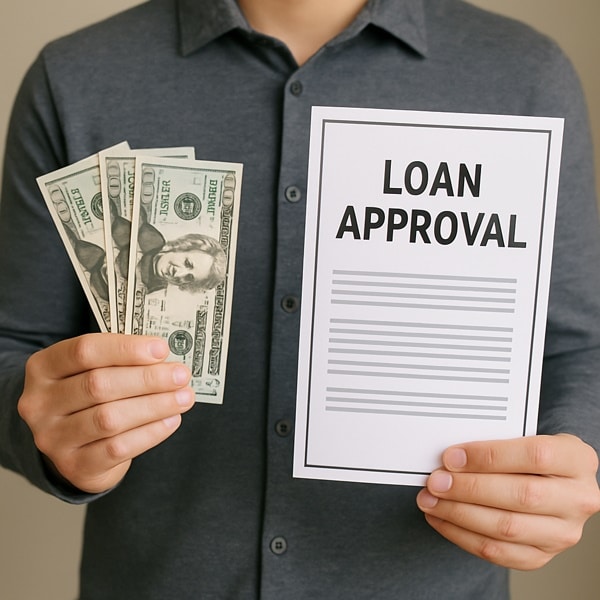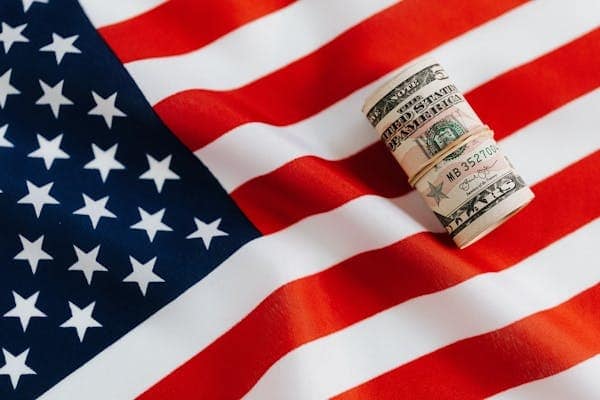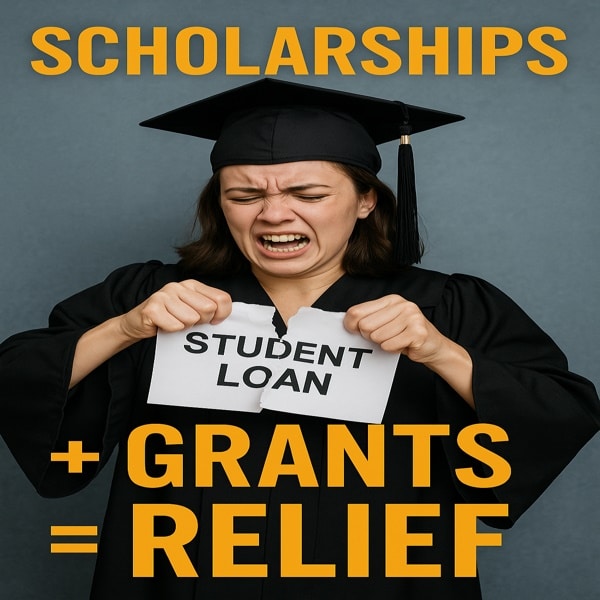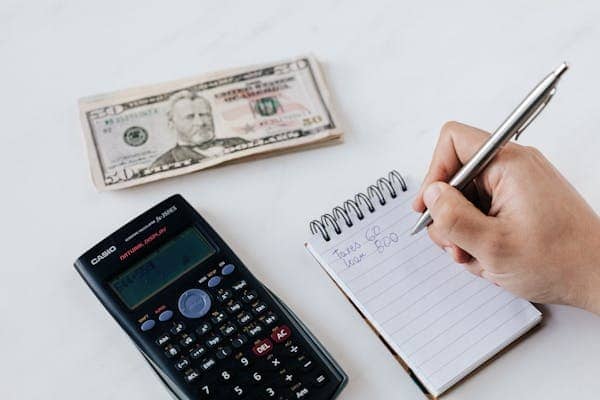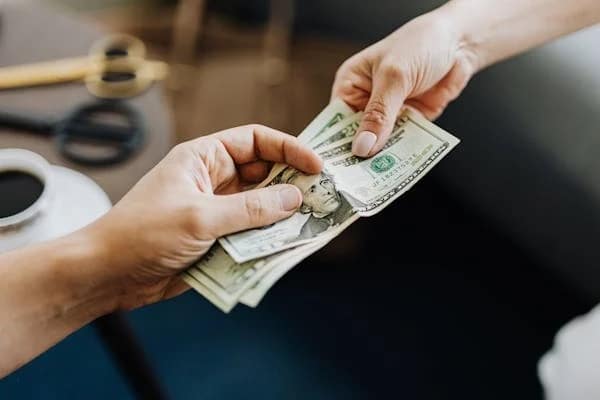Unsecured loans are becoming a popular option for individuals who need fast access to money but don’t want to risk losing their assets. With no collateral required, these loans can feel like a lifesaver: especially in emergencies.
However, the ease of access can also come with hidden risks. In this comprehensive guide, we break down everything you need to know about unsecured loans, including benefits, drawbacks, and how to choose the right one for your situation.
What Are Unsecured Loans?
Unsecured loans are types of personal loans that do not require you to provide any collateral like a car, home, or savings.
The lender offers you a loan based solely on your creditworthiness, income, and repayment history. Because there’s no physical asset securing the loan, lenders often charge higher interest rates.
Common types of unsecured loans include:
- Personal loans
- Credit cards
- Student loans
- Medical loans
- Wedding loans
A Breakdown of How Unsecured Loans Work
When you apply for an unsecured loan, the lender assesses your credit score, income level, and employment history.
If you’re approved, you receive a lump sum of money with a fixed repayment term and interest rate. These loans typically range from $1,000 to $50,000, depending on your qualifications.
Here are the key features:
- No collateral needed
- Fixed monthly payments
- Terms between 1–7 years
- Interest rates from 6% to 36%
10 Categories of People Who Should Consider Unsecured Loans?
Unsecured loans can be a financial lifesaver in certain situations, but they’re not for everyone. These loans don’t require you to put up any property or asset as collateral, making them more accessible for some and riskier for lenders.
Below is a detailed breakdown of who should seriously consider applying for unsecured loans and why.
1. Individuals with Strong Credit Histories
Unsecured loans are primarily credit-based, meaning your creditworthiness is the key deciding factor for approval. If you have:
- A credit score of 670 or higher
- A strong track record of on-time payments
- A low debt-to-income (DTI) ratio
You are more likely to qualify for low-interest unsecured loans with favorable repayment terms. Lenders trust that you will repay the loan based on your history, so they don’t require collateral. This makes these loans perfect for financially responsible individuals who want quick access to funds.
2. Borrowers Who Don’t Own Valuable Assets
Not everyone owns a home, car, or significant asset to offer as security. If you’re someone who:
- Is just starting out in life
- Lives in a rental home
- Doesn’t want to risk losing a personal asset
then unsecured loans are a practical alternative. You can access funding without risking your home, car, or savings account.
Example: A fresh college graduate needs money to move for a new job. They don’t own property but have decent credit—they’re a good candidate for an unsecured loan.
3. Those Needing Fast Financial Solutions
Unsecured loans are often processed faster than secured ones. With no need for asset evaluation or collateral verification, many lenders approve and disburse funds within 24 to 48 hours.
You should consider an unsecured loan if you:
- Have urgent medical bills
- Need emergency home repairs
- Must travel suddenly for a family emergency
- Need to cover temporary cash flow issues
In these cases, speed matters more than interest rates, making unsecured loans a viable choice.
4. People Looking to Consolidate Debt
If you’re juggling multiple high-interest credit card debts, unsecured loans can help you consolidate them into one manageable payment.
This not only simplifies your finances but can potentially lower your overall interest rate especially if your credit score has improved since you first took on the debt.
Unsecured debt consolidation loans are best for:
- Individuals with 3 or more credit card balances
- Those paying more than 20% APR on current debts
- People who want a fixed repayment term
Tip: Make sure the new loan’s interest rate is lower than the average rate of your current debts.
5. Self-Employed Individuals and Freelancers
Many freelancers and entrepreneurs do not have traditional income proofs like pay stubs, nor do they have assets to offer as collateral. If you have:
- Consistent freelance income
- A business without collateral
- Decent credit and banking history
…you may still qualify for an unsecured personal loan. It can help cover business expenses, new equipment, marketing, or working capital.
6. Individuals Planning Major Life Events
Certain events require large sums of money upfront—like weddings, milestone birthdays, or moving across the country.
If you don’t want to drain your savings or liquidate investments, an unsecured loan can cover the gap.
This is suitable for:
- Couples planning a wedding
- Families relocating to a new city or country
- Parents hosting graduation parties or family reunions
Be sure the event is truly worth the cost, and have a repayment plan in place to avoid post-event stress.
7. Tenants and Renters Who Can’t Use Property as Security
Unlike homeowners, tenants or apartment dwellers often don’t have assets that can be used for secured loans. This puts them in a bind when they need financing.
Unsecured loans give them access to funds without needing to own property.
This group includes:
- Students
- Urban professionals
- Migrant workers
Even if your income is modest, a steady job and a fair credit score can get you approved.
8. People Who Want to Keep Assets Unencumbered
Some individuals may own valuable assets like a house or a car, but prefer not to tie them to a loan. If you:
- Have previously had a bad experience with repossession
- Want to keep your home equity intact
- Simply don’t want the stress of asset risk
…then unsecured loans offer peace of mind. Even if you miss a payment, your property won’t be seized (though your credit score will take a hit).
9. People Who Expect to Pay Off the Loan Quickly
Since unsecured loans often come with higher interest rates, they make the most sense for borrowers who plan to repay the loan early or within a short term.
Many lenders allow prepayment with no penalties, helping you save on interest.
These borrowers include:
- Individuals expecting a bonus or tax refund
- Short-term borrowers bridging financial gaps
- Investors waiting for a return
10. Cautious Planners Who Understand the Risks
Finally, unsecured loans are best suited for borrowers who have done their homework. These individuals:
- Understand the total cost of borrowing
- Have a reliable repayment plan
- Are aware of the consequences of default
If you fall into this group, you can use unsecured loans as a tool rather than a trap.
Bottom Line: Are You the Right Candidate?
You should consider an unsecured loan if:
- You have good to excellent credit
- You need money quickly without risking personal property
- You have no assets or prefer not to pledge them
- You understand the repayment structure and risks
On the other hand, if your credit is poor or your income is unstable, you might want to explore secured options or alternative financing like credit builder loans or co-signed loans.
The Pros and Cons of Unsecured Loans
Pros:
- No collateral risk: You won’t lose your property if you default.
- Fast approval: Some lenders offer same-day funding.
- Flexible usage: Use the funds for any legal purpose.
Cons:
- High-interest rates: Especially for low-credit borrowers.
- Strict eligibility: Lenders are cautious due to the higher risk.
- Impact on credit score: Late payments can significantly affect your score.
Unsecured Loans vs. Secured Loans: What’s the Difference?
Unsecured Loans vs. Secured Loans: What’s the Difference?
The biggest difference between unsecured loans and secured loans is the presence of collateral. In a secured loan, you pledge an asset, such as your car or house.
This makes the loan less risky for lenders, resulting in lower interest rates.
| Feature | Unsecured Loans | Secured Loans |
|---|---|---|
| Collateral Needed? | No | Yes |
| Interest Rate | Higher | Lower |
| Risk to Borrower | Credit damage only | Asset seizure possible |
| Approval Time | Faster | Slower |
Best Uses for Unsecured Loans No Collateral Needed
You can use unsecured loans for almost anything. Here are some smart ways people use them:
- Debt consolidation: Pay off high-interest credit cards.
- Medical bills: Handle unexpected procedures or treatments.
- Home improvements: Upgrade your home without using it as security.
- Major purchases: Such as electronics or furniture.
- Emergency expenses: Like car repairs or urgent travel.
Where to Find the Best Unsecured Loans
To find the best unsecured loans, consider checking:
- Online lenders (SoFi, LendingClub, Upstart)
- Banks (Wells Fargo, Citi)
- Credit unions
- Peer-to-peer platforms
Always compare:
- APRs (Annual Percentage Rates)
- Fees (origination, prepayment penalties)
- Loan terms
- Approval time
What Credit Score Is Needed for Unsecured Loans?
Most unsecured loans require a credit score of at least 600, but borrowers with scores above 700 typically qualify for the best rates.
If you have a bad credit score, expect much higher interest or consider alternative lenders.
Credit score breakdown:
- 720–850: Excellent (Best rates)
- 690–719: Good
- 630–689: Fair
- Below 629: Poor (Limited options)
Warning Signs and Scams to be Mindful of When Dealing with Unsecured Loans
Because unsecured loans are in high demand, some scammers take advantage of desperate borrowers. Watch out for:
- Upfront fees before loan approval
- Guaranteed approval promises
- Unlicensed lenders
- Requests for gift card payments
Always verify that a lender is registered and read all the fine print before signing anything.
How to Apply for Unsecured Loans Successfully
To boost your chances of approval for unsecured loans, follow these steps:
- Check your credit score and correct any errors.
- Compare lenders and their interest rates.
- Calculate how much you need and stick to that amount.
- Prepare documentation (ID, income proof, employment history).
- Apply online or in person and wait for approval.
- Read the contract before accepting any offer.
Frequently Asked Questions (FAQs)
Q1: Can I get unsecured loans with bad credit?
Yes, but expect higher interest rates. Some online lenders specialize in poor-credit borrowers, but always review the terms carefully.
Q2: Are unsecured loans safe?
Unsecured loans from licensed lenders are safe, but always read the fine print. Avoid any lender asking for upfront payments or vague contracts.
Q3: How fast can I get an unsecured loan?
Some online lenders offer same-day or next-day funding, especially for qualified applicants.
Q4: What happens if I don’t repay my unsecured loan?
You won’t lose physical assets, but your credit score will drop, and you may face legal action or collection agency harassment.
Q5: Do unsecured loans affect my credit score?
Yes. Timely payments improve your score, while missed payments can hurt it significantly.
Are Unsecured Loans Right for You?
Unsecured loans can be a great solution for people needing fast cash without risking their property.
But with higher interest rates and strict qualification rules, they aren’t for everyone. Evaluate your needs, understand the risks, and shop around before deciding.
If used wisely, unsecured loans can truly be a lifesaver but if mishandled, they could lead you deeper into debt.

